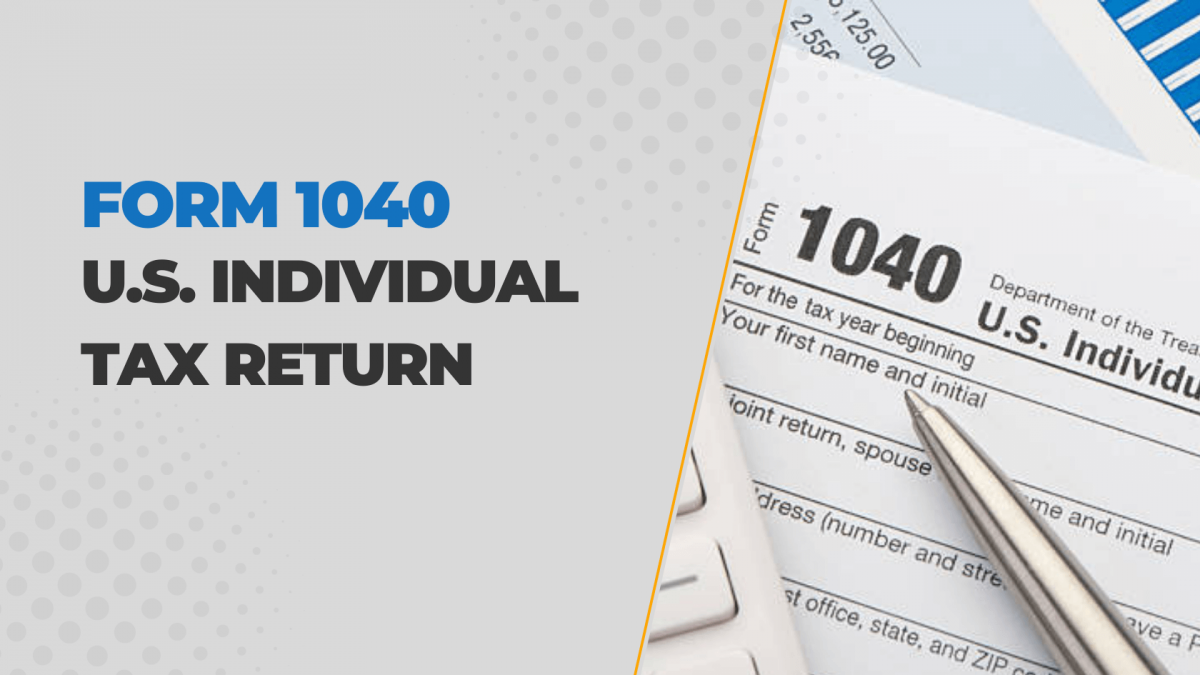When filing your individual income tax return for 2024 in the USA, it’s important to know what counts as income and what can be excluded. Here’s a simple guide to help you understand these categories with examples.
What Counts as Income?
Income is anything you receive that can increase your wealth, and it’s generally taxable. Here are some common items:
Salaries and Wages
This includes your regular paycheck from work. For example, if you earn $50,000 a year, that amount is considered taxable income.
Money, Property, and Guaranteed Payments to a Partner
If you’re in a partnership, any guaranteed payments you receive, along with any money or property, are considered income. For instance, if your business partner gives you $10,000 as a guaranteed payment, that amount is taxable.
Taxable Fringe Benefits
Some benefits you receive from your employer are taxable. For example, if your employer gives you a car for personal use, the value of that benefit is taxable income.
Employer Contributions to Roth 401(k) Accounts
Unlike traditional 401(k) contributions, amounts contributed to a Roth 401(k) are included in your taxable income. For instance, if your employer contributes $5,000 to your Roth 401(k), that amount is added to your taxable income.
Portion of Life Insurance Premium
If your employer pays for life insurance coverage above $50,000, the cost of the excess coverage is considered taxable income. For example, if your employer provides $100,000 in coverage, the cost of the coverage over $50,000 may be taxable.
What Can Be Excluded from Income?
Some types of income are excluded from taxation, meaning you don’t have to pay taxes on them. These are some examples:
Nontaxable Fringe Benefits
Some benefits your employer provides are not taxable. These include:
Life Insurance Coverage
Up to $50,000 of employer-provided life insurance is not taxable.
Accident, Medical, and Health Insurance
Employer-paid premiums for these types of insurance are generally not taxable.
De Minimis Fringe Benefits
These are small benefits like occasional snacks or coffee provided at work, which are not taxable.
Meals
If your employer provides meals for your convenience (e.g., meals during work hours), these might be excluded from taxable income.
Employer Payments for Educational Expenses
If your employer pays for your education, up to $5,250 may be excluded from your income.
Employee Adoption Assistance Programs
Payments to help with adoption expenses can be excluded up to a certain limit.
Dependent Care Assistance
Employer-provided dependent care assistance can be excluded from your income, up to a certain limit.
Qualified Tuition Reduction
If you’re an employee of an educational institution, tuition reductions for yourself or dependents may be excluded.
Qualified Employee Discounts
Discounts on your employer’s goods or services may be excluded if they meet certain criteria.
Employer-Provided Parking and Transit Passes
Certain amounts for parking and transit passes provided by your employer are not taxable.
Qualified Non-Roth Retirement Plans
Employer contributions to traditional retirement plans are typically excluded from your income until you withdraw them.
Flexible Spending Arrangements (FSAs)
Contributions to FSAs for medical or dependent care expenses are excluded from taxable income.
Interest Income
Interest you earn on savings accounts, bonds, or other investments is usually taxable. For example, if you earn $200 in interest from your savings account, that $200 is taxable income.
Tax-Exempt Interest Income
Some interest is exempt from taxes, but you still need to report it. For instance, interest on municipal bonds is often tax-exempt. If you earn $150 in tax-exempt interest, you report it but don’t pay taxes on it.
Forfeited Interest
If you have to pay a penalty for withdrawing money early from a savings account, this forfeited interest can reduce your taxable income. For example, if you lose $50 in interest penalties, that amount can be deducted from your taxable interest income.
Dividend Income
Dividends you receive from investments in stocks are generally taxable. For example, if you receive $500 in dividends from a stock, that amount is considered taxable income.
Tax-Free Distributions
Some distributions, such as those from a Roth IRA, may be tax-free if certain conditions are met. For instance, if you withdraw $1,000 from your Roth IRA after meeting all the qualifying rules, that amount is tax-free.
Payments Pursuant to a Divorce
Alimony payments you receive under a divorce agreement finalized before 2018 are taxable income. However, if your divorce was finalized after 2018, alimony payments are not taxable to the recipient and not deductible by the payer.
Final Thoughts
Understanding what counts as income and what can be excluded is key to accurately filing your tax return. Keeping track of these items throughout the year can help you stay prepared when tax season arrives. If you’re unsure about any specific items, consider consulting with a tax professional to ensure you’re reporting everything correctly.

